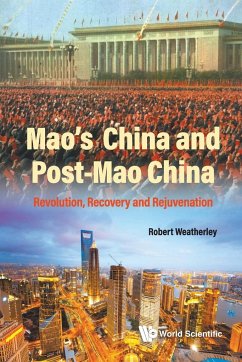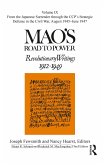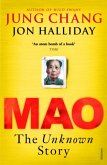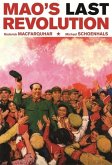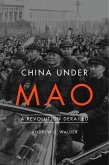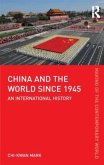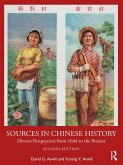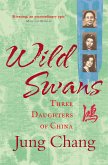If the history of modern China was written as a book, its author would be accused of losing touch with reality. During the twentieth century, China underwent two revolutions, a number of wars, endured a radical and destabilising form of communism and then hurried quickly towards a system of open market economics whilst remaining under the control of a nominally communist party. Currently the fastest growing economy in the world with an increasingly sophisticated and expanding military, China is widely expected to emerge as the world's next superpower, eclipsing the United States in the not too distant future. However, not everything is going smoothly for Beijing. Unemployment rates are spiralling, inequality is rife and official corruption at all levels remains an Achilles heel for the Chinese Communist Party, despite Xi Jinping's best endeavours to wipe it out. Worst of all, environmental degradation is at such a serious level that it threatens the success of the Chinese economy and the stability of Chinese society. Against this scarcely believable backdrop and based on a series of lectures, seminars and research conducted by the author, Mao's China and Post-Mao China captures the dynamics, dynamism and disasters of Chinese politics since the establishment of the People's Republic of China in 1949. This advanced textbook identifies three key themes that have underpinned the post-revolutionary era, the so-called "three Rs" - Revolution, Recovery and Rejuvenation - and is essential reading for anyone interested in the politics of modern China at the undergraduate and postgraduate level
Hinweis: Dieser Artikel kann nur an eine deutsche Lieferadresse ausgeliefert werden.
Hinweis: Dieser Artikel kann nur an eine deutsche Lieferadresse ausgeliefert werden.

